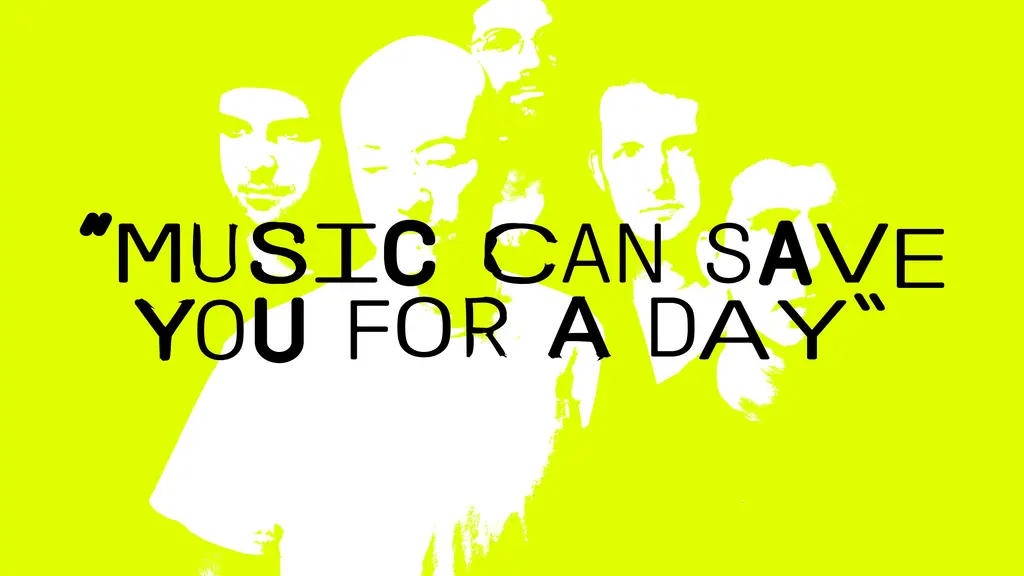The complicated truth behind ‘cry for help’ overdoses
- Text by Ben Smoke

The hospital beds at The Whittington in North London are not particularly comfortable. Next to me, behind a thin, shabby curtain, a daughter is beginning to say goodbye to her father. From what I overhear, he’s dying from cancer, and there’s nothing anyone can do. In front of me, there’s a guy spread-eagled on the bed, staring at the ceiling open mouthed. Next to him, an 84 year old grows paler and weaker by the second. His ICU monitor flashes erratically every second minute.
Then there’s me. 27 years old and in perfect physical shape, apart from the drugs coursing through my veins. The previous day, I’d taken an overdose – and, though it was intentional, it was not an attempt on my life.
I have Bipolar, and during manic episodes, the world attacks rather than exists. I don’t sleep. I barely eat. My mind fills with thoughts and plans and schemes. At points, my speech races along with it. My inhibitions are lowered to the point that I often fall into dangerous situations. It is a deeply uncomfortable and overwhelming experience. Sometimes, during particularly intense hours, I lose control of the steering wheel.
It was in amongst those hours that I took this overdose. In that time, my brain did the only thing it knew it could to get me to a safe place. It was the quintessential cry for help.
There are those that would argue that I should not have received medical attention. That I deserved whatever fate the drugs might roll across my vital organs as they shut down, one by one, in the days after. Then there are those who might not go so far: sure, treat the consequences of the overdose, but don’t seek to indulge them. Brush over them with a thick matt sheen of indifference, lest their attention give me the thrill, pleasure or excitement I so clearly crave.
But the reality is much more complicated than that. Historically, mental health in the UK has been chronically underfunded. Mental health represents 23 per cent of the ‘disease burden’, but only receives 11 per cent of the funding. Despite alleged ‘record’ spending levels on mental health services, 62 per cent of mental health trusts in England have reported having less income than in 2012, according to analysis from the Royal College of Psychiatrists.
What that means in real terms, for people like me and the hundreds of thousands of others suffering with acute diagnoses, is a vacuum. Beds in psychiatric wards are often at capacity, whilst waiting times for life-saving therapies are up to two years in some places. A 2014 study suggested a lack of access to care for those with severe mental illnesses led to increased hospital admissions.
According to Bipolar UK, a diagnosis of Bipolar increases the risk of suicide by 20 times, with eight per cent of men with Bipolar dying by suicide. These are statistics I know – and that’s why I called out.
A week after the overdose, seven puncture wounds from various injections and blood samples taken are still pretty prominent on my arms. There’s a deep bruise where the cannula was inserted, and stayed, for 30 very uncomfortable hours. Into it ran a solution that made me violently ill. My upper right arm is still numb from the four-inch needle used to deliver an anti-sickness drug that burnt as it spread through my flesh. Waves of nausea rolled over me, thrashing against my woozy head, finding nowhere to crash, but rather folding into one another in a seemingly endless sea of dizziness.
The decision to overdose, no matter how much your conscious mind was a part of it, is never undertaken lightly. That’s the thing with ‘cries for help’. At their very best, they are a point of major trauma in someone’s life, and no less of one than an attempt on their own life. The material conditions of the act remain the same, regardless of the intentions or desires that frame it. To feel that your only way out of your own reality, whether that be for a little while, or for good, is to undertake an action so inherently dangerous is a deeply unsettling place to find oneself.
But until there’s another option, our hospital beds will continue to be filled with desperate people, calling out. The problem is, even there, there’s often no-one left to listen.
Follow Ben Smoke on Twitter.
Enjoyed this article? Like Huck on Facebook or follow us on Twitter.
You might like

How do you solve a problem like the music industry?
Beyond the Music is a conference and grassroots festival bringing together people from across the industry to try and grapple with the biggest issues facing it.
Written by: Ben Smoke

“Music can save you for a day”: Touché Amoré on social media and subcultures
To celebrate a new album and reflect on a decade and a half of being themselves, frontman Jeremy Bolm chats about opening up via lyrics, subcultures in the internet age, and the hardcore re-revival.
Written by: Isaac Muk

The activists fighting the mental health crisis
Micha Frazer-Carroll examines the way the mental health crisis has escalated in the last five years and meets those organising to end it.
Written by: Micha Frazer-Carroll

Inside the uplifting world of Death Cafes
Meet the young people finding life talking about death in cafes popping up across the world.
Written by: Anna Wolfe

The everyday voices silenced in our coverage of the Middle East
Until women and young people are heard, we won’t break this cycle of destruction and dehumanisation, argues director Maysoon Pachachi.
Written by: Maysoon Pachachi

Suella Braverman has declared a war on rights that we must win
The Home Secretary's latest attack on the rule of law must be resisted writes lawyer Raj Chada.
Written by: Raj Chada

